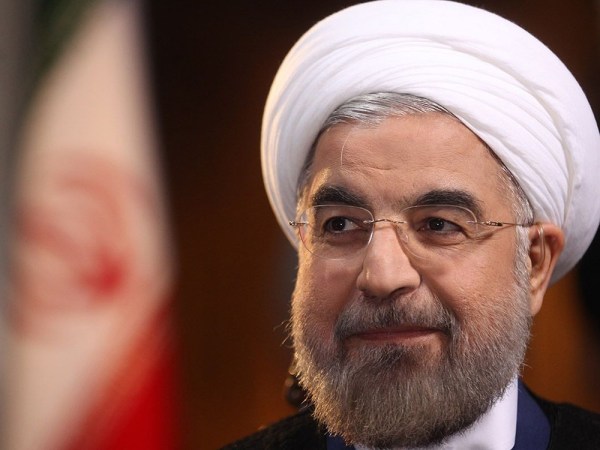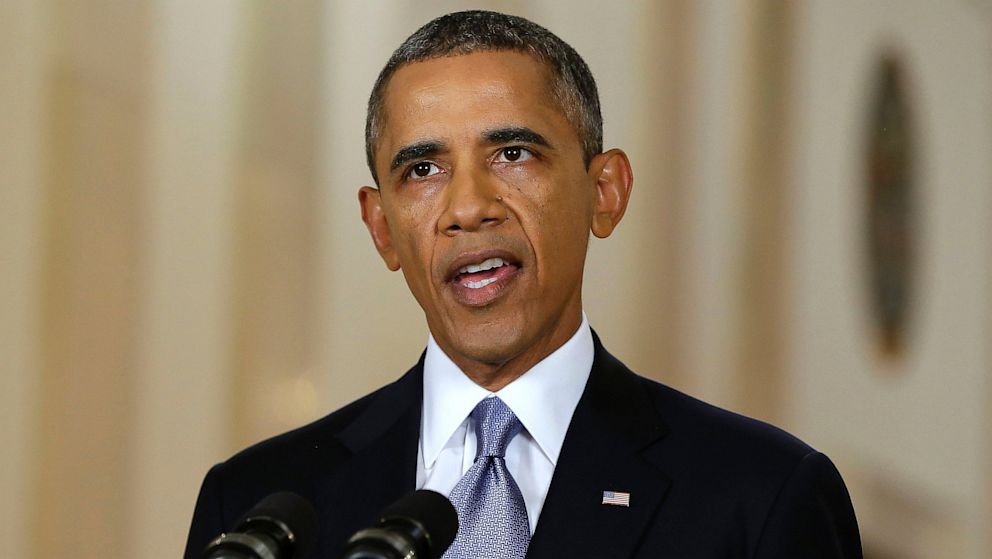By Brandon Cottrell
Impunity Watch Reporter, North America
WASHINGTON, D.C., United States – Just weeks after the United States debated whether or not to commence a unilateral military strike on Syria, diplomatic initiatives with Syria, as well as with Iran, have begun. First, in Syria there are strict deadlines that have Syria surrendering its chemical weapons. Then, in Iran, there are new talks that would limit the amount of nuclear fuel that Iran could produce.

The White House credits the diplomatic initiatives to luck, years of sanctioning Iran, and “chess moves” executed by President Bashar al-Assad of Syria, President Vladimir V. Putin of Russia, and Iran’s mullahs. Benjamin Rhodes, a U.S. deputy national security adviser, agrees but also credits the U.S.’s selective use of coercion, stating, “that you don’t achieve diplomatic progress in the Middle East without significant pressure.”
Others, however, remain skeptical. They think that there is a risk of “long negotiations and constant games of hide-and-seek that, ultimately, will result in little change.” Additionally, they maintain that Syria and Iran believe the U.S.’s reluctance to strike Syria signals “that if diplomacy fails, the chances of military action . . . are slight.”
President Obama, who may meet with Iran’s new president Hasan Rouhani this week said in a recent interview that, “Negotiations with the Iranians is always difficult . . . but, you know, my view is that if you have both a credible threat of force, combined with a rigorous diplomatic effort, that, in fact, you can strike a deal.” However, It appears that Iran may only be open to coming to an agreement regarding its nuclear capabilities if the international sanctions against it are eased.
Additionally, whether any progress is made, will depend largely on how the U.S. and Iran handle upcoming negotiations that revolve around dismantling Syria’s chemical weapons supply. Dennis Ross, who is President Obama’s lead adviser on Iran, stated that, “These two situations (Iran and Syria) are deeply intertwined . . . if the Syrians are forced to give up their weapons, it will make a difference to the Iranian calculation and would raise the prospects of some deal with [Iran].”
While it will take some time to truly know if Iran’s interest in diplomacy is real or a mirage, it seems that Syria’s interest is legitimate. For example, Syria, who had to declare their chemical stocks by this weekend, have already done so, which indicates that there is a real chance for a lasting and successful diplomatic relationship.
For more information, please see:
ABC News – US and Iran Eye Diplomatic Defrosting at UN – 20 September 2013
New York Times – Quick Turn of Fortunes as Diplomatic Options Open Up With Syria and Iran – 19 September 2013
UPI – Diplomatic Options Opening For U.S. In Syria And Iran – 20 September 2013
World News – Syria Declares Its Chemical Weapons Arsenal, First Step In US-Russian Deal – 20 September 2013



